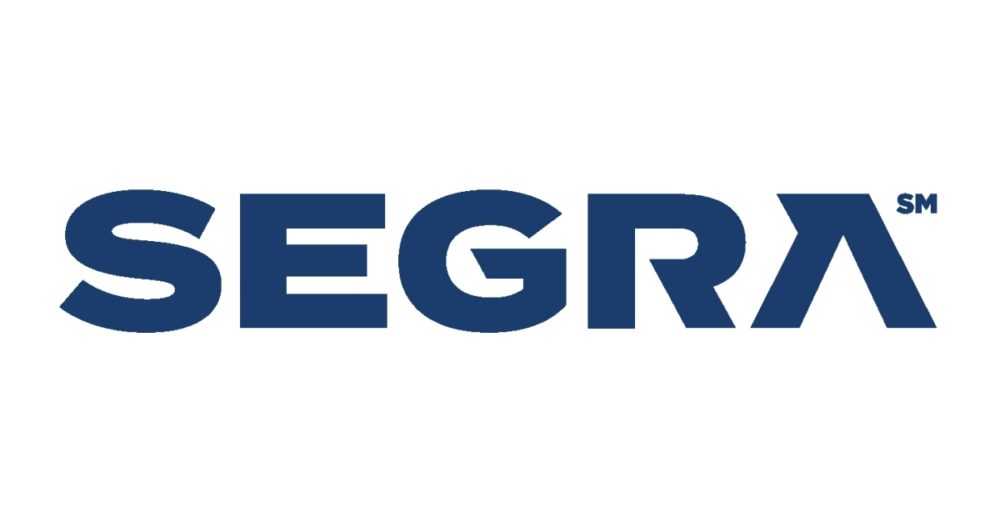How to maximize business security with true holistic monitoring of the IT network
In recent years, cyberattacks and cybercrime have become the most serious threats that organizations face. Industries ranging from banking to healthcare, and organizations of all sizes from schools to public institutions, are up against an ever-growing risk of highly damaging, costly data breaches and other attacks. The number of cyberattacks is on the rise, with tactics now used by attackers becoming more and more advanced.
Faced with multiple threats, organizations need to rethink their cybersecurity response to ensure they have the ability to collect, correlate, and analyze security information from all IT systems within their networks.
This article analyzes some of the key challenges that small and medium businesses (SMBs) in particular face when it comes to protecting their IT infrastructures against cybercrime. After providing an overview of today’s most common categories and types of cyberattacks, we will look at some of the main limitations of traditional “perimeter defenses” such as firewalls and antivirus software. We then discuss the different approaches to cybersecurity that organizations can adopt, analyzing the key differences between a DIY, in-house approach and a Security Operations Center as a Service (SOCaaS) solution, one of the most powerful, flexible and affordable cybersecurity tools now available.

